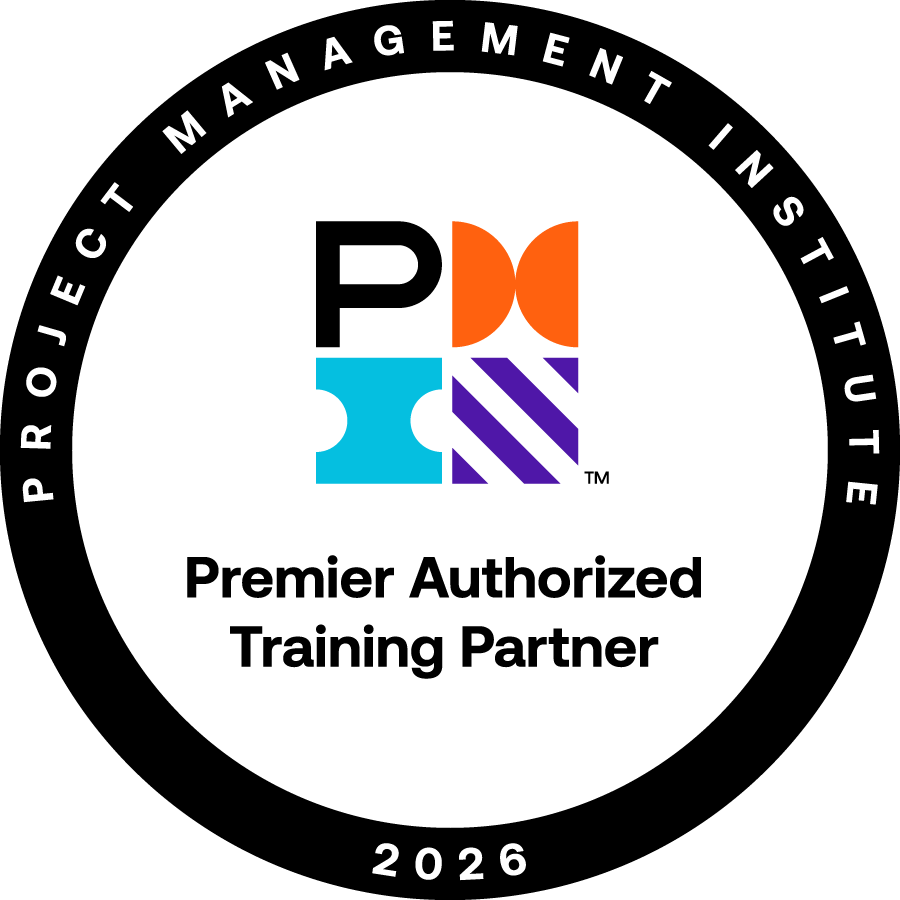5 Industries that have implementedAgile Project Management

Agile Project Management are being implemented in all industries. In this article, we will explore the types of industries that are implementing Agile project management methodology. We start off with: -
1. Finance Industry
The finance industry is known for its complex and highly regulated environment. The demand for Agile project management in this sector arises from the need to respond quickly to market changes, evolving regulations, and shifting customer demands. Agile's iterative approach allows financial institutions to develop and implement solutions faster while maintaining compliance and security. Moreover, it enhances cross-functional collaboration between departments, ensuring a more streamlined and efficient workflow.
2. Engineering Industry
Engineering projects, whether related to construction, infrastructure, or product development, often encounter unforeseen challenges. Agile methodologies provide engineering teams with the flexibility to adjust their project scope, timelines, and resources as needed. This adaptability enables them to respond promptly to design changes, emerging issues, or customer feedback. The result is improved project outcomes, reduced delays, and increased client satisfaction. The concept car is a great example of the use of Agile methodology principles in a mechanical engineering context. The manufacturer first started gauging the demand by they working through imaginative sketches and hand-made prototypes. This was done to get feedback from the engineering team that would design it and the people who would drive it, at corporate meetings and at car shows.
3. Entertainment Industry
The entertainment industry, encompassing film, television, gaming, and live events, is highly dynamic and driven by audience preferences. Agile project management is increasingly applied to content creation and event planning. It allows teams to be responsive to shifting market trends, evolving viewer or player demands, and technological advancements. Agile methods also foster creativity and innovation, ensuring that the entertainment industry stays competitive and delivers high-quality products to its audiences.

4. Logistics Industry
In the logistics industry, where the efficient movement of goods and information is paramount, Agile project management optimizes operations. Agile practices help logistics companies adapt to unforeseen disruptions, improve supply chain visibility, and enhance communication between stakeholders. This, in turn, results in better decision-making, reduced lead times, and cost savings. Agile principles are particularly beneficial in the age of e-commerce, where customer expectations for fast and reliable delivery are at an all-time high.
5. Retail Industry
In the retail sector, consumer preferences can change rapidly, driven by trends, seasons, and unforeseen events. Agile project management methodologies enable retailers to be more responsive to market fluctuations, efficiently manage inventory, and enhance customer experiences. Retailers can quickly adjust their strategies, optimize product offerings, and implement new technologies to stay competitive in the ever-evolving retail landscape.
The demand for Agile project management is not limited to a specific industry; rather, it has become a universal approach embraced by organizations seeking to thrive in today's fast-paced business environment. Whether it's the finance industry's need for regulatory compliance, the engineering industry's demand for adaptability, the entertainment industry's quest for creativity, the logistics industry's drive for efficiency, or the retail industry's pursuit of customer satisfaction, Agile project management has proven its value across diverse sectors.
As businesses continue to face unprecedented challenges and opportunities, the ability to respond quickly, collaborate effectively, and adapt to change will remain paramount. Agile project management, with its emphasis on iterative development, teamwork, and customer-centricity, is poised to play a central role in shaping the success of industries worldwide. Organizations that embrace Agile methodologies are not only better equipped to navigate uncertainty but are also well-positioned to thrive in an ever-evolving global marketplace.
by,
Sharma Management International.






